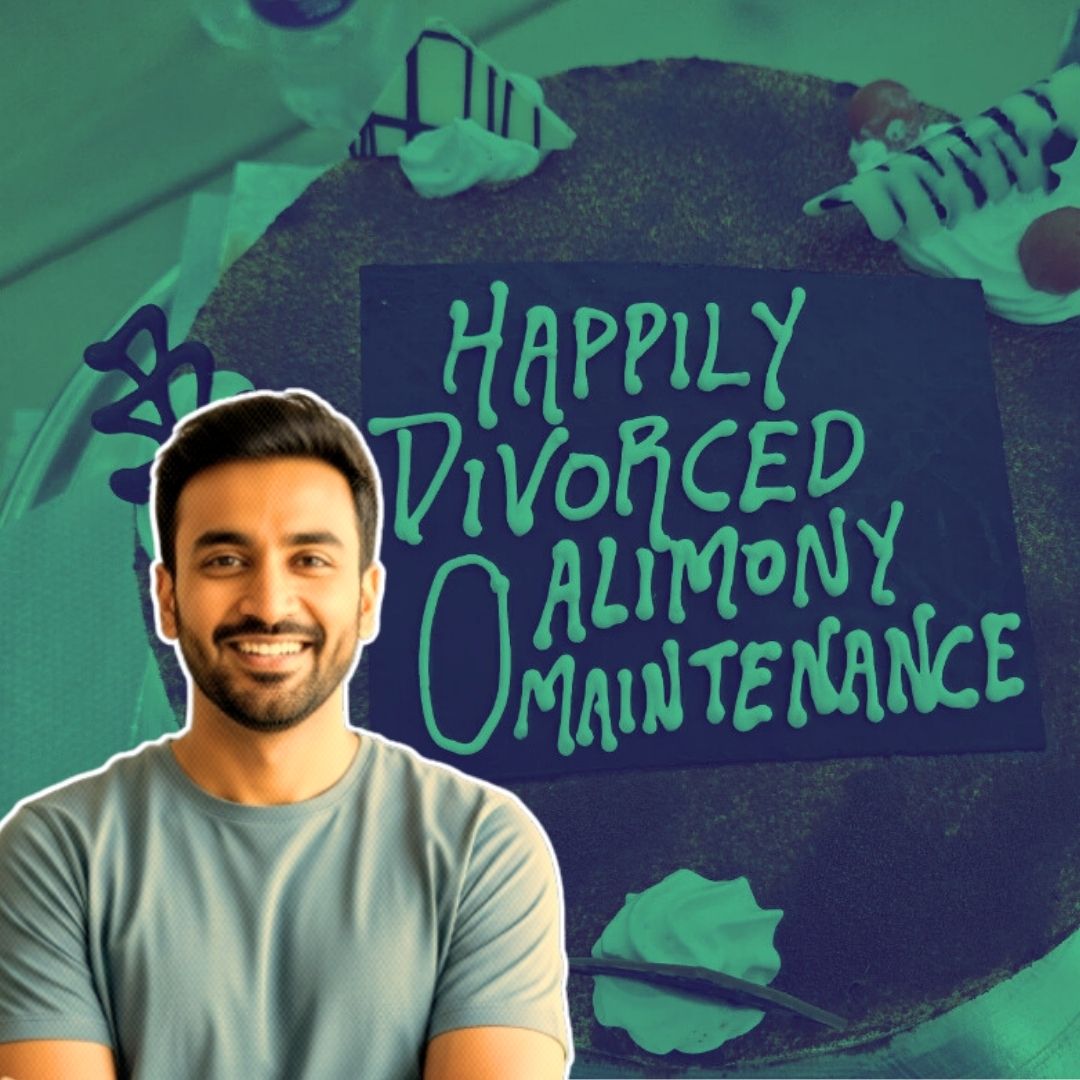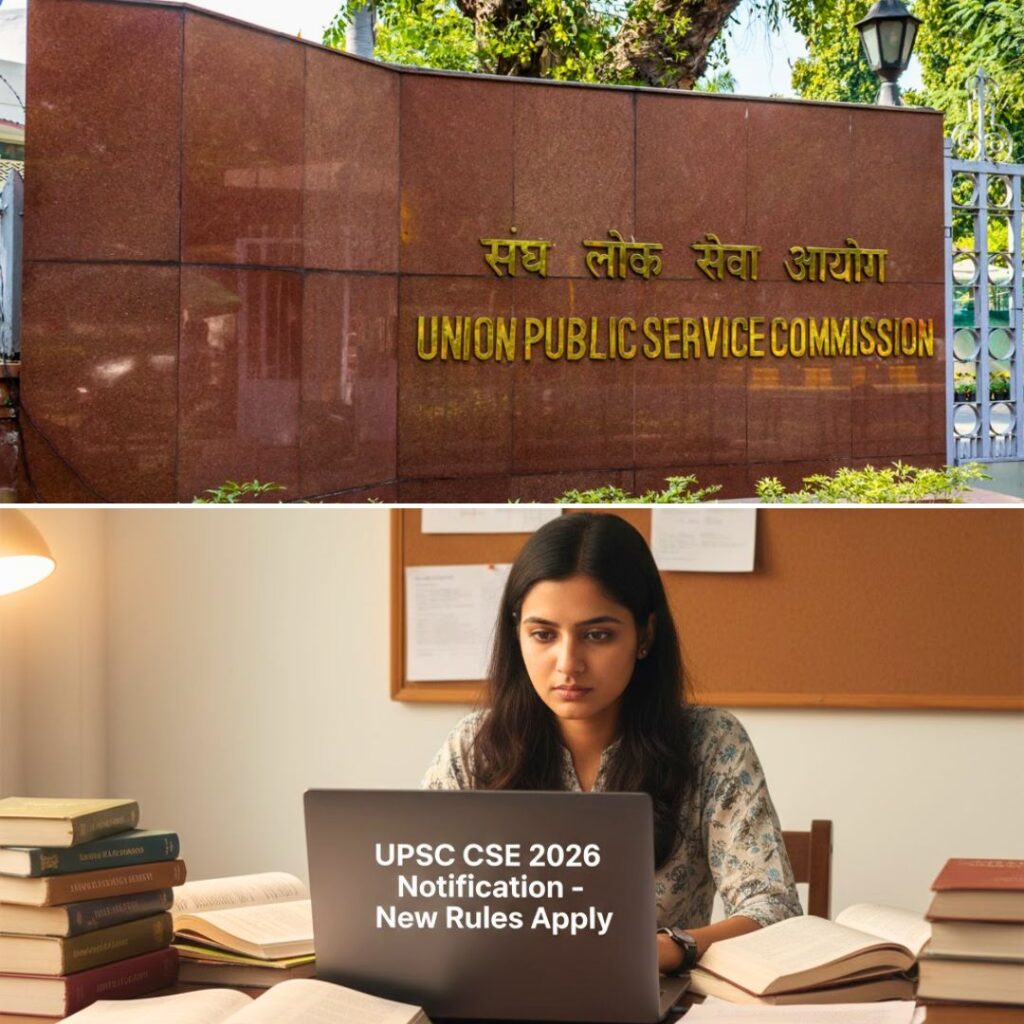A man recently made headlines after reportedly winning several legal battles—including criminal and family court cases—filed by his wife without hiring a single lawyer. Instead, he chose to act as a Party-in-Person, representing himself throughout.
Despite the complexity of the cases, which included accusations under IPC Section 498A (cruelty), maintenance claims, and domestic violence allegations, the man successfully obtained a divorce without paying alimony or maintenance after nearly three years.
This rare example of self-representation raises important questions about access to justice, the challenges faced by litigants without legal counsel, and the shifting dynamics of matrimonial law in India.
Self-Representation in Complex Matrimonial and Criminal Cases: The Unlikely Victory
The story first gained public attention through a viral Reddit post on the r/Indian_flex subreddit, where the user shared detailed insights into his legal battle with his wife. The wife had filed multiple cases against him, demanding a hefty ₹70 lakh settlement at one stage. However, through persistent self-representation and negotiations, the man reduced the claim to just ₹1 lakh and eventually finalized a mutual divorce with zero alimony or maintenance obligations.
Legal experts note that acting as a Party-in-Person—where a litigant represents themselves without a lawyer—is legally permitted but rare, especially in complicated cases involving multiple legal facets such as criminal accusations and family disputes. Courts have acknowledged that some individuals choose this route mainly due to financial constraints, mistrust of lawyers, or a desire to take personal control over their cases. However, experts warn that without adequate legal knowledge, procedural missteps can jeopardize outcomes, making such success stories exceptional rather than typical.
Broader Context: Challenges in Access to Justice and Matrimonial Law Reforms
India’s family laws have traditionally been criticised for perceived gender biases, especially regarding maintenance and alimony claims under laws like IPC Section 498A and CrPC Section 125. This case has reignited conversations on these issues, with some arguing that men, too, can be victims of marital cruelty—physical, emotional, or verbal—which the judiciary is beginning to recognise. For example, recent judgments, including one from the Odisha High Court, have explicitly identified certain behaviours (like mocking disability) as forms of mental cruelty, highlighting the judicial system’s evolving stance.
Moreover, the costly and drawn-out nature of family litigation drives some litigants to represent themselves, facing an uphill battle in courts not designed to assist self-represented parties extensively. Legal aid remains limited, and many litigants are often unaware of their rights or legal procedures. This case thus underscores the urgent need for reforms, better legal literacy programs, affordable legal aid, and unbiased adjudication to make justice more accessible and equitable.
The Logical Indian’s Perspective
This extraordinary account of self-representation is inspiring but also highlights deep systemic issues within the legal system. The Logical Indian believes that while the legal right to represent oneself is empowering, it is not a universal solution. True justice depends on affordable access to qualified legal counsel, transparent courts, and supportive mechanisms enabling vulnerable parties to be heard effectively.
We call upon policymakers, legal institutions, and civil society to work together to expand legal aid services, enhance public legal education, and reform family laws to address the concerns of all parties fairly. Justice should not be a privilege reserved for those who can afford lawyers or have the confidence and knowledge to navigate complex legal systems alone.












